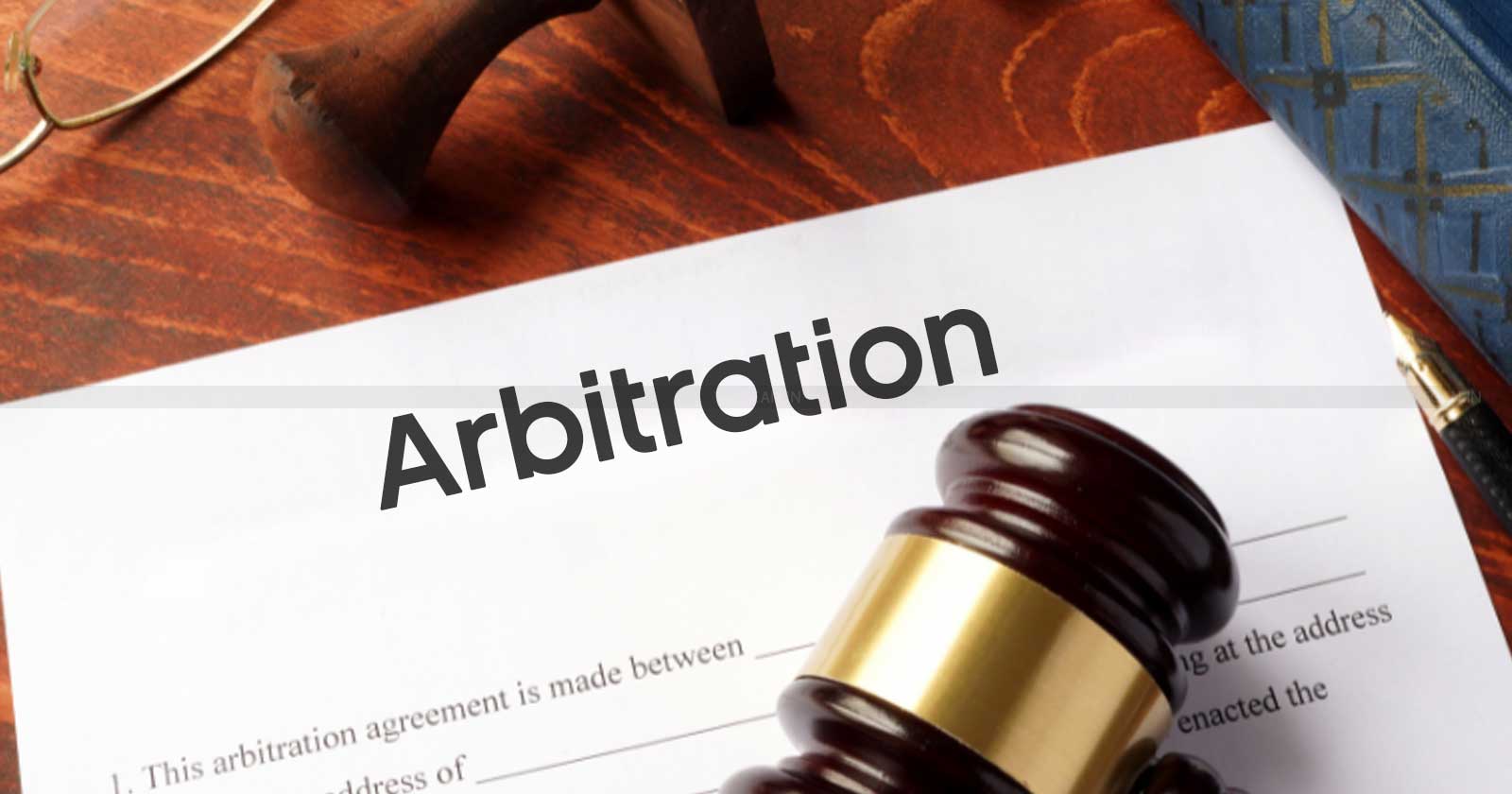Application u/s 9 of IBC can be Rejected on Initiation of Arbitration Proceedings before Issuance of Demand Notice: NCLAT [Read Order]
The Tribunal ruled in rejecting the appeal that an arbitration notification proves a pre-existing disagreement because it is a formal communication from one party to the other that starts arbitration procedures

IBC – NCLAT – Initiation of Arbitration Proceedings – Issuance of Demand Notice – RA legislation – H&S’s arbitration notice – New Delhi Bench of NCLAT – NCLT – Taxscan
IBC – NCLAT – Initiation of Arbitration Proceedings – Issuance of Demand Notice – RA legislation – H&S’s arbitration notice – New Delhi Bench of NCLAT – NCLT – Taxscan
The New Delhi Bench of the National Company Law Appellate Tribunal (NCLAT) has decided that the commencement of arbitration proceedings prior to the demand notice being issued under section 8 of the code indicates a pre-existing disagreement, which may be a reason to deny an application under section 9 of the Insolvency Bankruptcy Code (IBC), 2016.
The appellant, R.A.J. Krishna Construction Company Private Limited, filed an appeal against an NCLT ruling that rejected an application under section 9 of the code. The appellant argued that the HS ceased paying and sent a letter requesting demobilization from the site in spite of the work contract being novated. It was further argued that, according to RA legislation, the corporate debtor owed a specific sum to the operational creditor following adjustments.
Become a PF & ESIC expert with our comprehensive course - Enroll Now
Additionally, it was contended that the appellant's ledger statement unequivocally demonstrates that the corporate debtor acknowledged its debt liability by making ad hoc payments totaling Rs. 6.24 cr. against the RA Bills they raised. In accordance with section 8 of the code, the appellant sent a demand notice, to which the corporate debtor failed to respond within the allotted ten days. Additionally, it was contended that the HS, not the corporate debtor, sent the appellant the arbitration notice demonstrating a pre-existing dispute, and that the CD did not receive an endorsement of it.
A dispute under Section 5(6) of the IBC must be between the Corporate Debtor and the Operational Creditor; if the Corporate Debtor was not a party to the arbitration notice, the notice cannot be interpreted as a basis for an existing dispute between the two parties.
Become a PF & ESIC expert with our comprehensive course - Enroll Now
Finally, it was argued that the initial work order contained a novation of the original contract. As a result, H&S's arbitration notice cannot be regarded as the Corporate Debtor's arbitration notice upon contract novation. It was stated that H&S had no right to use arbitration since there was no longer a privity of contract between them and the appellant because the rights and titles they had under the original work order had been transferred to the corporate debtor.
The respondent refuted the submissions, arguing that the Operational Creditor's claim that there was novation of contact was incorrect since the prerequisites for novation of contract were not met.Additionally, it was argued that the Corporate Debtor, upon receiving the demand notice, had explicitly and explicitly stated in their response that these bills were based on fraudulent and fabricated documents because they were not signed by the Operational Creditor or confirmed by the H&S billing team and the Corporate Debtor.
Become a PF & ESIC expert with our comprehensive course - Enroll Now
The tribunal noted that Section 8 of the IBC mandates that the Operational Creditor provide a Demand Notice on the outstanding Operational Debt in the event that the Corporate Debtor defaults. According to Section 8(2), the Corporate Debtor must notify the Operational Creditor of any disputes within ten days of receiving the Demand Notice. It was decided that the Operational Creditor may submit an application under Section 9(1) of the IBC if, following the issuance of a demand notice, he does not receive payment from the Corporate Debtor or notice of the disagreement under Section 8(2).
The tribunal, which was made up of Mr. Barun Mitra, a technical member, and Justice Ashok Bhushan, a judicial member, noted that the corporate debtor brought up a pre-existing dispute in the reply sent in response to the operational creditor's demand notice. The corporate debtor argued that the arbitration notice was sent before the operational creditor issued the demand notice, which clearly shows a pre-existing dispute.
The Tribunal ruled in rejecting the appeal that an arbitration notification proves a pre-existing disagreement because it is a formal communication from one party to the other that starts arbitration procedures. Thus, this is adequate justification for denying a Section 9 application.
To Read the full text of the Order CLICK HERE
Support our journalism by subscribing to Taxscan premium. Follow us on Telegram for quick updates


